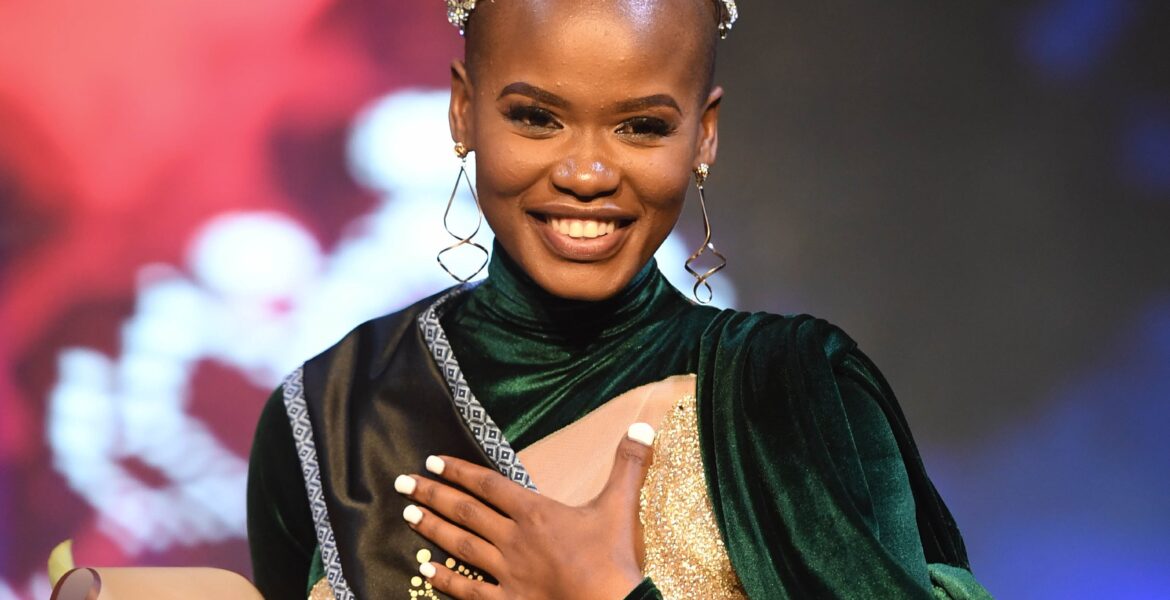Universal acceptance of diversity is a positive development because as an immensely influential platform, pageantry can now help many girls and young women realise that there is nothing wrong with the way they are.
At first glance, the origins of pageantry seem superficial. When one considers the emphasis on the dazzling gowns, how women strut on the runway, the frozen wide smiles they must wear throughout the competition and the delicate bikini suits they adorn, these features establish it to be an aesthetic challenge.
However, for the past two years, some winners in various pageants have presented a stark difference to what we have long considered to be beauty
From Zozibini Tunzi’s historic Miss Universe victory to Shudufhadzo Musida as the first bald-headed woman to become Miss South Africa and now our own bald-pated Palesa Molefe who wore the crown as Miss Botswana 2021 the other weekend, these women indicate a changing narrative in pageantry as we know it.
They bring forth an assertion that beauty is not limited to a set standard because women who compete can be celebrated for who they are.
Pageants are perceived to be an extension of Eurocentric beauty standards. Throughout the decades, they have received criticism for justifying a particular kind of beauty and excluding diversity. Another common disapproval of the industry is how it sexualises women for the male gazes instead of accommodating women as they are – women who come in different skin tones, body sizes and hair textures. The focus on one’s outer image by the competitions is vilified mainly for the many young girls and women who internalise the way finalists look as an indication of the beauty they must achieve.
In a study of 131 beauty pageant contestants as shown on “Beauty is as Beauty Does: Body Image and Self-esteem of Pageant Contestants,” 48.5 percent of them reported wanting to be thinner, 57 percent admitted to dieting to try to lose weight at the time, and 26 percent had been told or believed that they had an eating disorder.
It also found that adult women who have competed in beauty pageants numerous times as children were likely to have a high sense of body dissatisfaction and a high risk for eating disorders. However, there are some who argue for the benefit of pageants as a platform that instils self-confidence and affords women the opportunities to advance their careers as well as serve their communities.
With a wider perception on beauty changing in our societies, representation of diversity is becoming popularised in mainstream culture. Says Fashion Stylist and Image Consultant, Tsholo Dikobe: “The beauty standards are changing because there’s self-actualisation happening within society or our community of people. I think it’s mainly because of the global interconnectedness that has happened through the rise of this 4th industrial revolution. Every nation and every race and now celebrates what is theirs and there’s a global merging of acceptance. The story of home seems to authentically be the focal point of every nation now, right down to an individual.”
There’s no denying that diversity is valued in today’s world and beauty contests are also amplifying this direction. This is a positive development, considering that as much as pageantry has its faults in how it has framed beauty, it has grown to become a platform that inspires many young girls worldwide to realise that there is nothing wrong with the way they are.

